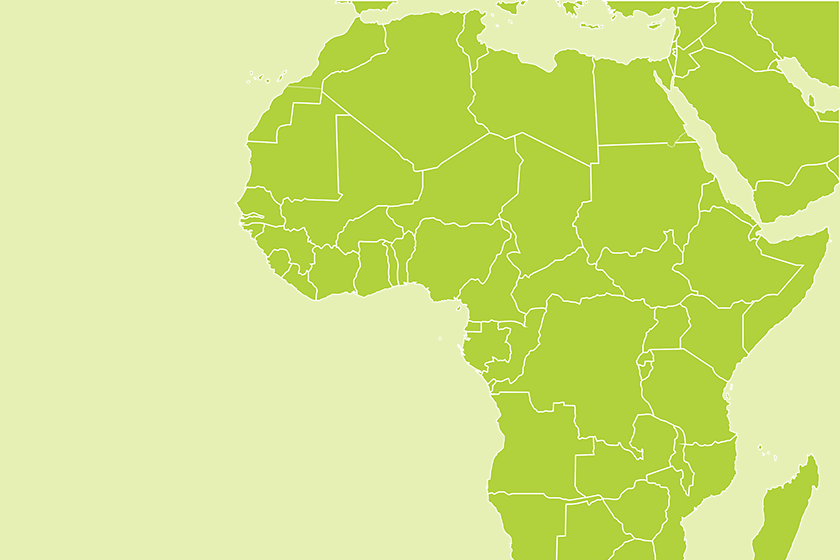CISAC copyright and collective management guidelines adopted by Africa, Caribbean and Pacific Group of States

Ministries of Cultures from Africa, Caribbean and Pacific Group of States met with representatives from the European Union on October 19th and 20th in Niamey, Niger to boost creative and cultural industries across member states. The meeting of Ministries sought to advance towards its goals of improving economic development and creating employment, particularly among women and younger generations, through culture.
CISAC participated as a main voice of collective management and authors’ rights in Africa, reinforcing its role as a consultative body for the group. The Confederation shared country insights with member states, including information on the status and potential of private copying, collections, legislative issues and challenges specific to collective management and authors’ rights.
CISAC’s Regional Director Samuel Sangwa participated in a panel on innovative financing mechanisms for creative industries in Africa. Panel discussions explored innovative means to reinforce and increase systems to finance culture, such as credit and public-private partnerships. Sangwa detailed how CISAC supports its 37 members in 31 African countries. He also spoke to how authors’ rights societies can be strengthened to collect and distribute royalties, such as by increasing reciprocal agreements among societies. Sangwa additionally pointed out that private copying can be an efficient means to finance creative industries and extract value from the digital market.
The Regional Office has been consulting with ACP member states to integrate intellectual property rights into these development efforts. CISAC successfully incorporated the following recommendations into the group’s policy guidance paper during the two-day meetings:
- CISAC will establish a yearly reporting mechanism to evaluate and report on authors’ rights for ACP member states;
- Prioritise implementation and deployment of private copying remuneration as a tool to finance culture among ACP member states;
- Identify and document the potential and challenges for cultural and creative industries posed by the digital environment among ACP member states.
This policy guidance paper will become a reference for member states in assessing, detailing and implementing their respective national cultural policies.
Moving forward, CISAC will be continuing to advise on how to develop creative industries, copyright and collective management. The Confederation will also serve as a link between ACP member states and the European Union.
